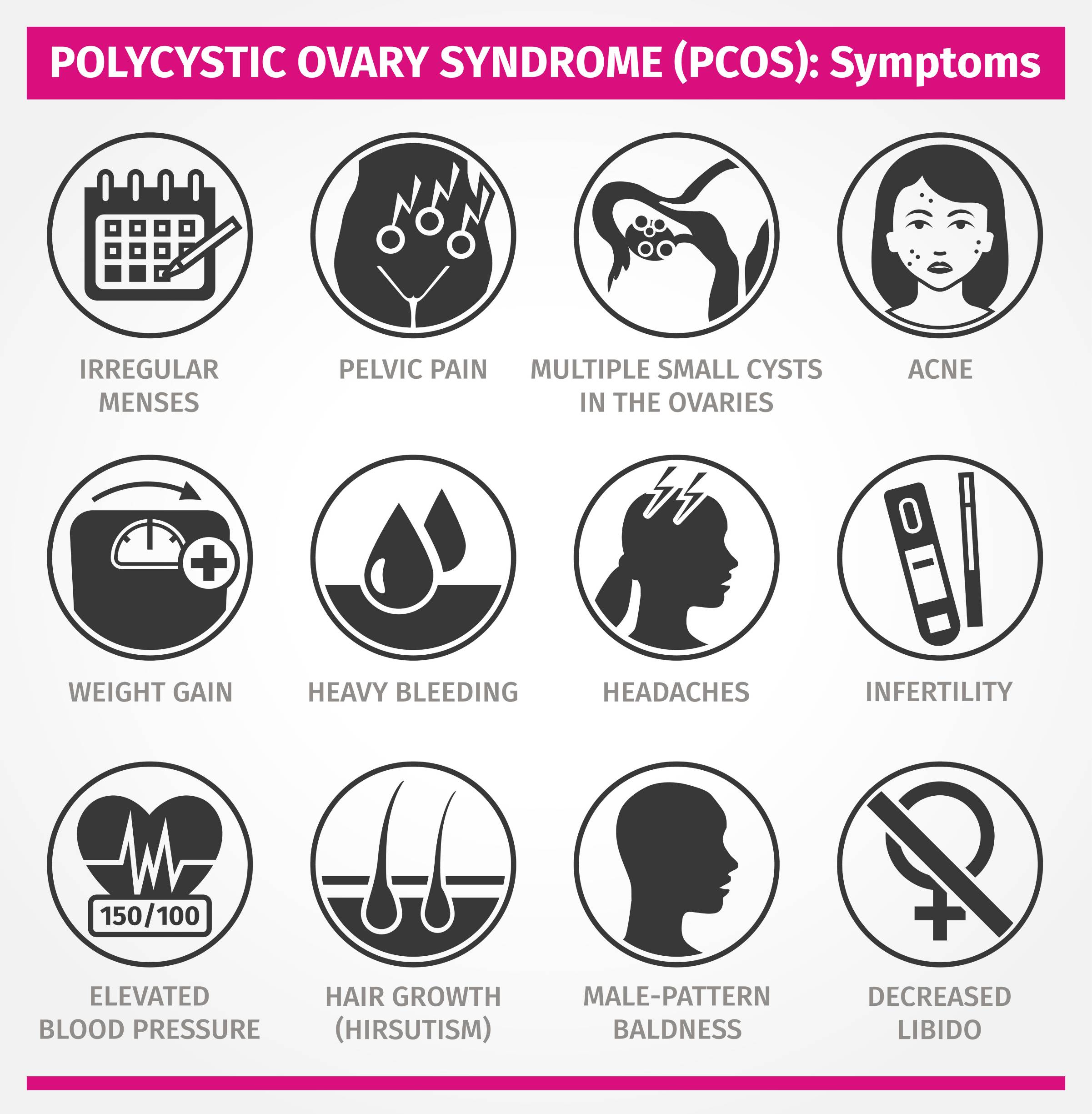For those navigating infertility, finding the answers to “why” can often be challenging. Some reasons are relatively easy to uncover, others are more complex, and some remain unexplained or undiscovered. Whether one’s genetics factor into fertility is a legitimate concern that can and should be explored by those in treatment. At Hann’s Pharmacy, we know how difficult and overwhelming an infertility diagnosis and its treatments can be. We take pride in our hands-on, compassionate approach to helping patients throughout their journey. There are many ways to research and better understand what potential genetic factors are the root causes of infertility. Our team is here to help provide you with expert advice, support, and suggestions for ways to discover those answers throughout your journey.

There are many ways to learn about genetic factors that can cause infertility, many of which are shared below. Arriving at possible answers requires knowledge about family medical histories in addition to potential testing. Testing for abnormalities, genetic mutations, and other potential issues is a discussion to be had with one’s reproductive endocrinologist or urologist. It is also a way to understand family medical history if there is a history of adoption or a situation where the patient or family needs privacy or is reluctant to share. Laboratory tests using blood or semen samples, imaging tests, and other procedures can determine hormonal issues or other causes of infertility.
Here are some of the possible hereditary issues that those experiencing infertility might find are a part of the root cause of their specific situation:
Genetics That Can Cause Female Infertility
Women should be aware of their family’s medical history, particularly those related to fertility. If there is a history of early menopause, polycystic ovarian syndrome (PCOS), or endometriosis in the family, the chances of having these disorders are higher than those who do not, and both can be related to difficulty conceiving.

Heredity issues, including genetic mutations or chromosomal abnormalities, can also affect fertility, specifically the ability to ovulate. These can include cystic fibrosis gene mutations, Kallman syndrome, or primary ciliary dyskinesia.
Genetics That Can Cause Male Infertility
Men should also be knowledgeable about their family’s medical history, especially anything related to the production or blockage of the flow of sperm. While not nearly as common as genetic abnormalities in women, there is still a risk for male infertility if any of the following disorders are common in their family:
- Cystic fibrosis gene mutations
- Klinefelter Syndrome
- Y chromosome deletion
While infertility isn’t wholly related to genetics, it is a combination of multiple factors, and thankfully, in today’s advanced medical world, they are usually easier to identify and address. And, for those experiencing infertility, there are teams of experienced medical professionals, including those at Hann’s Pharmacy, who have the knowledge, expertise, and compassion to assist in all aspects of care.

